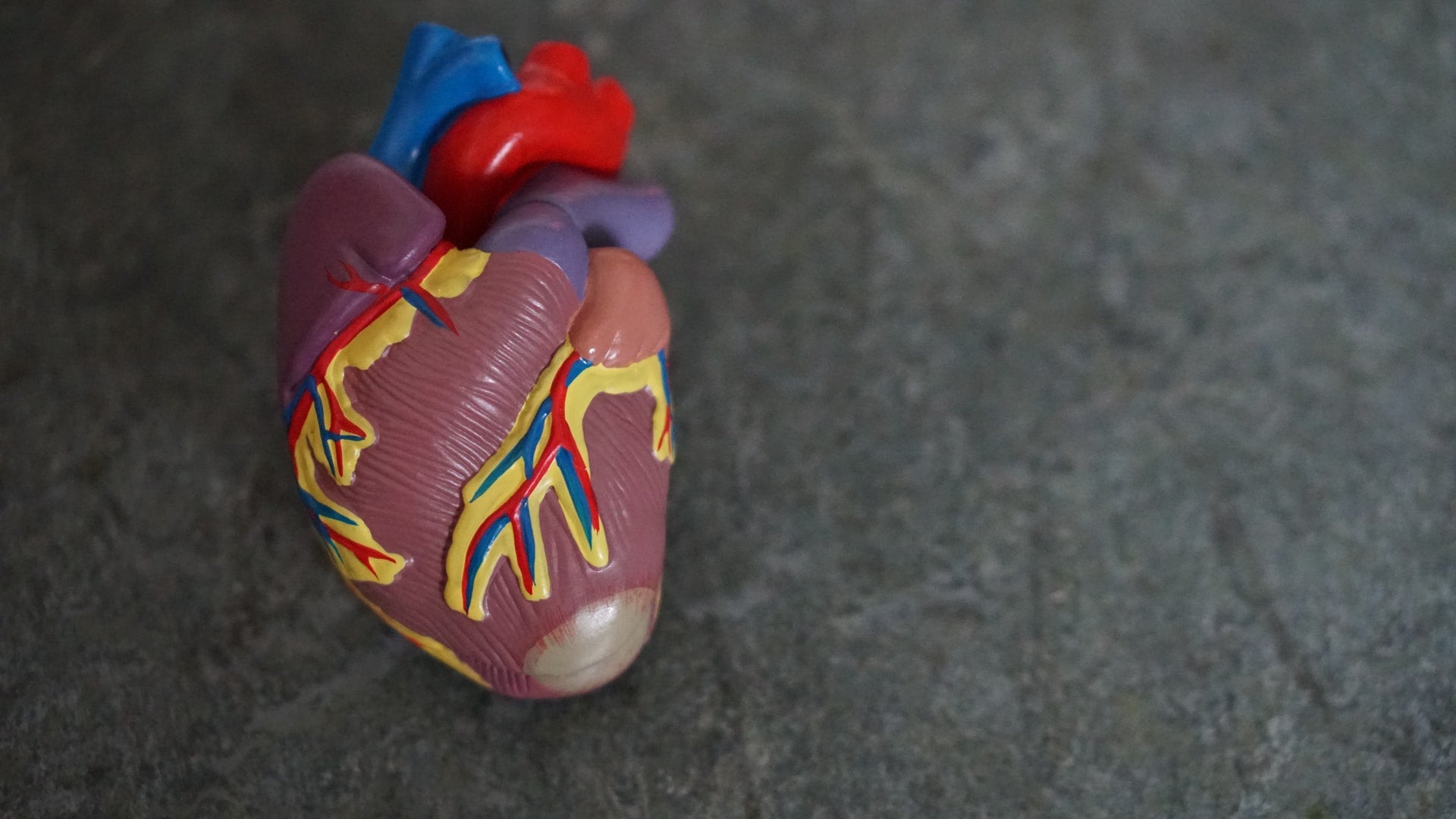
Medtronic has announced initial data from an early feasibility study to assess the Intrepid Transcatheter Mitral Valve Replacement (TMVR) system that utilises the new transfemoral delivery system.
The early data was obtained from the first group of 15 patients with severe, symptomatic mitral valve regurgitation (MR).

Discover B2B Marketing That Performs
Combine business intelligence and editorial excellence to reach engaged professionals across 36 leading media platforms.
The study indicated 100% survival with no case of stroke, a median procedure time of 46 minutes and no trace of MR in patients implanted with the system at 30 days.
The study findings were presented at the 33rd Transcatheter Cardiovascular Therapeutics (TCT) conference as Late-Breaking Clinical Science.
Under the global trials, the Intrepid valve has been used in treating more than 350 patients.
The Medtronic APOLLO Trial is presently analysing the Intrepid TMVR system in patients with severe MR.

US Tariffs are shifting - will you react or anticipate?
Don’t let policy changes catch you off guard. Stay proactive with real-time data and expert analysis.
By GlobalDataOne group consists of patients with primary or secondary MR who are otherwise not considered suitable for undergoing regular mitral valve surgery or transcatheter edge-to-edge repair (TEER).
A secondary group consists of patients suffering from severe symptomatic MR who are not considered eligible for undergoing traditional mitral valve surgery with mitral annular calcification (MAC).
So far, the participants in the trial have received the Intrepid TMVR system through the transapical access route.
In this approach, the valve is compressed within a hollow catheter and then inserted between the ribs right into the heart.
With the Investigation Device Exemption (IDE) approval, the trial investigators will now gain a further option of inserting the valve into the femoral vein through an incision in the groin, which is the preferred way for many transcatheter procedures.
The US Food and Drug Administration (FDA) had given Breakthrough Device Designation for the Intrepid TMVR system for patients not considered qualifiable for TEER or mitral valve surgery.
Making use of catheter-based implantation, the system combines self-expanding, dual-stent technology with a replacement tissue heart valve.
The valve is inserted into the heart using a delivery catheter. The new replacement valve is then expanded directly into the mitral valve that is not functioning properly.
The outer stent frame is designed in such a way that it can bind and conform to the native valve without requiring further sutures, tethers or anchors to secure the prosthesis.
Made from bovine tissue and designed for blood flow maintenance, the valve is accommodated from the inner stent.
Medtronic structural heart and aortic business president and senior vice-president Nina Goodheart said: “The development of the Intrepid Transfemoral Delivery System is an important milestone for the Intrepid TMVR programme, and we are excited to introduce it into the Apollo Trial.
“We believe this advancement will expand our clinical trial offerings to more patients.”





